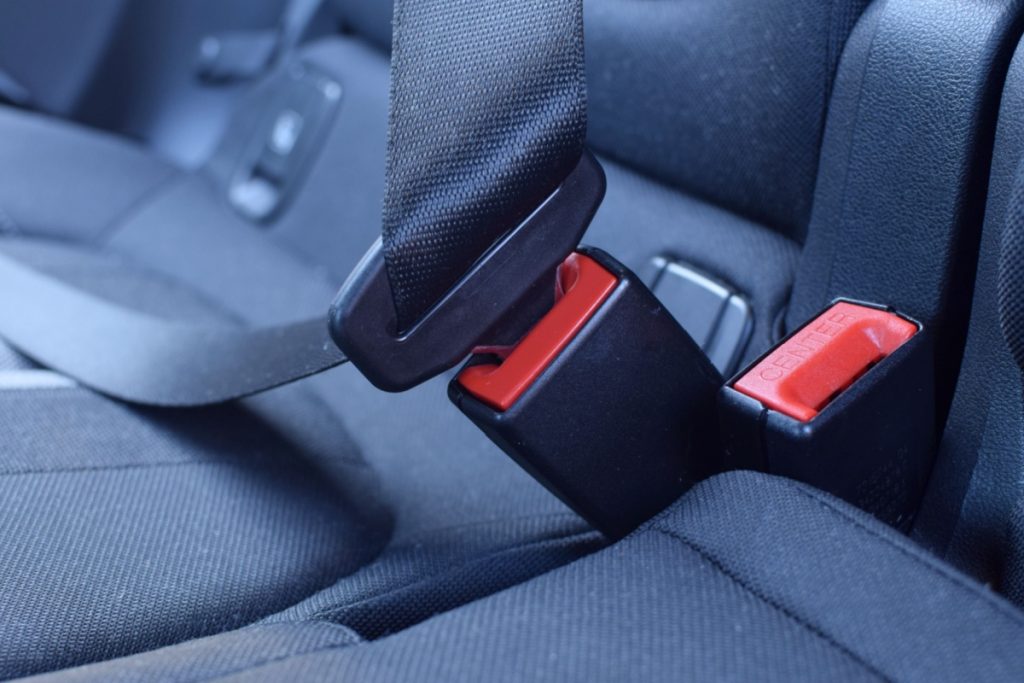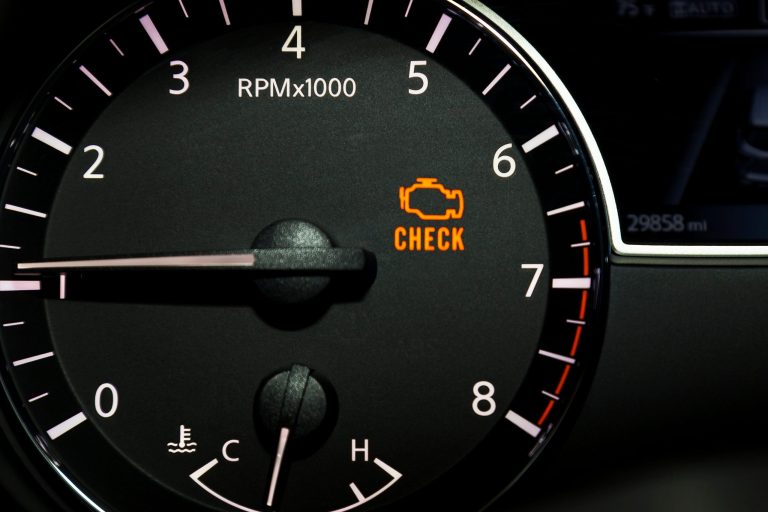In a recent development within the automotive industry, Ford has issued a recall affecting over 80,000 SUVs, specifically targeting models from 2018 to 2020 of the Expedition and Lincoln Navigator. This recall is due to significant seatbelt defects observed in these vehicles, particularly concerning the front seat’s seat belt pre-tensioners. These safety features may inadvertently lock the seat belts, posing potential hazards to passenger safety during accidents.
Ford has released a statement addressing the nature of the defect, outlining technical details and associated risks. According to Ford, the company’s Critical Concern Review Group theorizes that a water leak related to a drain seal on the right front floor, associated with air-conditioning usage, might elevate humidity levels when Max A/C is used extensively. This increased humidity could potentially lead to corrosion of the pretensioner’s squib pin, a crucial component for its operation.
Seat belt pre-tensioners serve to tighten seat belts immediately before a collision, enhancing passenger security and reducing injury risks. However, the described defect may cause these pretensioners to deploy unnecessarily, resulting in seat belt locking without warning. Ford’s hypothesis suggests that prolonged use of Max A/C could exacerbate this issue by raising interior humidity levels, potentially accelerating corrosion of the pretensioner’s squib pin.

The Dangers of Faulty Seatbelts
Faulty seatbelts pose significant risks to vehicle occupants due to several factors. Seatbelts are pivotal safety features designed to protect passengers in accidents by restraining them in a manner that minimizes injuries. When seatbelts malfunction, the dangers include:
1. Increased Risk of Injury or Fatality: Properly functioning seatbelts distribute collision forces across the body’s stronger areas, such as the chest, hips, and shoulders, reducing the severity of injuries. Faulty seatbelts may fail to secure passengers adequately, leading to more severe injuries or fatalities by allowing occupants to collide with vehicle interiors or other passengers, or be ejected from the vehicle.
2. Ejection from the Vehicle: Seatbelts play a critical role in preventing occupants from being thrown out of the vehicle during crashes. Ejection from a car significantly increases the risk of death or severe injury, as occupants may collide with external objects or the ground at high speeds.
3. Compromised Safety Features: Modern vehicles incorporate integrated safety features that work together to protect occupants. Seatbelts are essential components in this system, ensuring the proper functioning of airbags and other safety mechanisms. A faulty seatbelt may disrupt airbag timing or effectiveness, potentially exacerbating injuries in accidents.
4. Legal and Financial Consequences: Driving a vehicle with a known seatbelt defect can result in legal liabilities, particularly if it leads to an accident causing injuries. Occupants may face increased medical expenses, liability for others’ injuries, and potential fines or legal penalties for failing to maintain vehicle safety standards.
Seatbelts are fundamental safety features in vehicles, designed to protect passengers by distributing collision forces across the body’s stronger areas. Any compromise in their functionality directly affects vehicle safety, making this recall a matter of urgent concern for affected owners.
Identifying a Potential Lemon
For owners of the recalled SUV models, this seatbelt issue raises concerns about the overall reliability and safety of Ford vehicles. In legal terms, a “lemon” refers to a vehicle with a significant defect that cannot be repaired after a reasonable number of attempts, rendering it unsuitable for its intended use. Owners experiencing repeated failures related to this seatbelt defect may have grounds to consider their vehicle a lemon under their state’s Lemon Law.
To determine if their SUV might be a lemon, owners should:
1. Check the Repair History: Lemon Law typically requires a vehicle to undergo a certain number of repair atempts for the same issue without success. Owners should document all visits to dealerships or repair shops regarding seatbelt defects, including dates, problem descriptions, and actions taken.
2. Understand the Lemon Law Criteria: Lemon Laws vary by state, specifying the number of repair atempts needed, the timeframe for these atempts, and the total days the vehicle must be out of service due to repairs. California’s Lemon Law provisions should be reviewed to understand the applicable criteria.
3. Consider Warranty Coverage: Lemon Law usually requires the vehicle to be under the original manufacturer’s warranty, with the seatbelt issue covered by this warranty for the Lemon Law to apply.
4. Identify Significant Impairment: The defect must significantly impair the vehicle’s use, value, or safety. Given seatbelts’ critical safety role, a defect preventing their correct operation could easily meet this criterion.
If the seatbelt issue persists after several repair attempts, consulting a Lemon Law attorney is advisable. They can provide guidance based on specific circumstances and assist in navigating the legal process.
Don’t Settle for a Defective Ford SUV
Ford’s recall of over 80,000 SUVs for critical seatbelt defects underscores the importance of automotive safety and the potential risks associated with vehicle malfunctions. Owners of affected models are urged to take immediate action by contacting their dealer for repair and remaining vigilant about their vehicle’s post-repair performance, ensuring their safety and that of their passengers.









